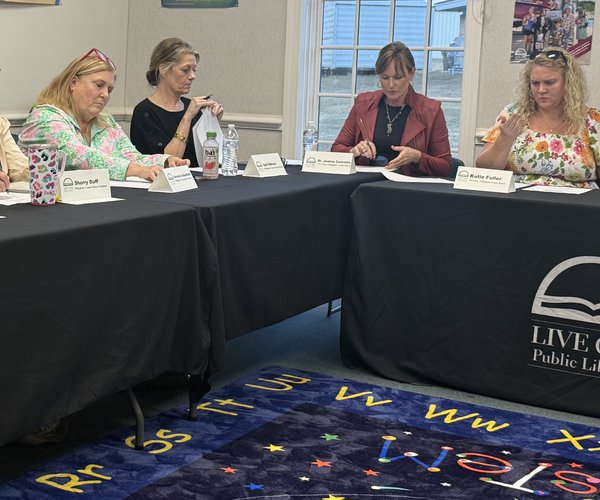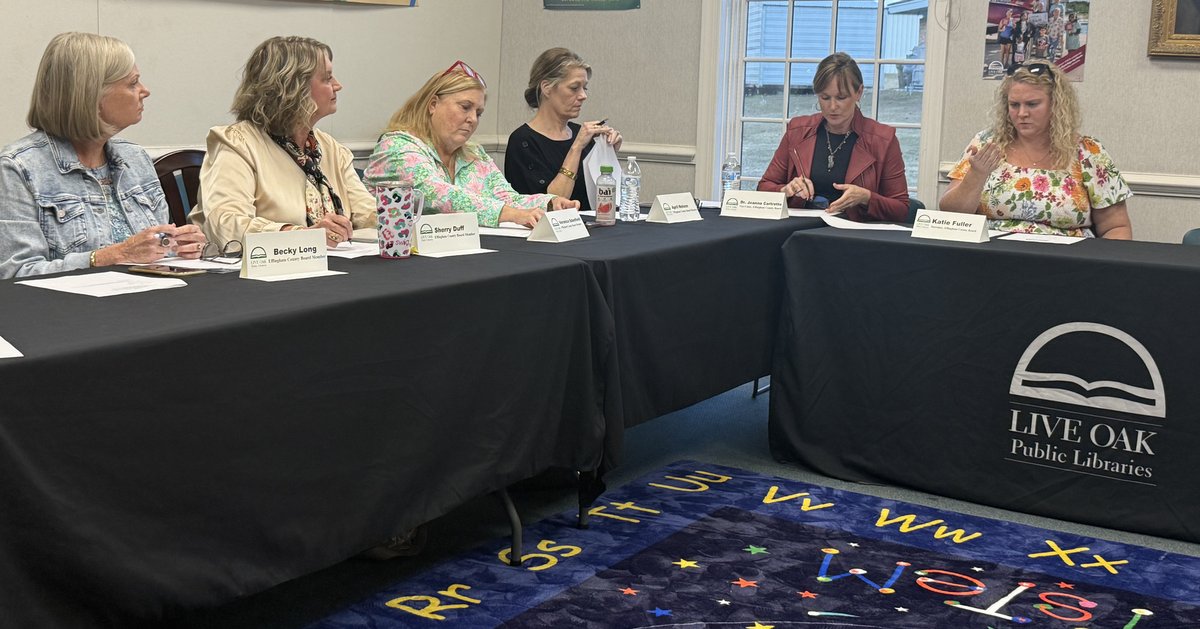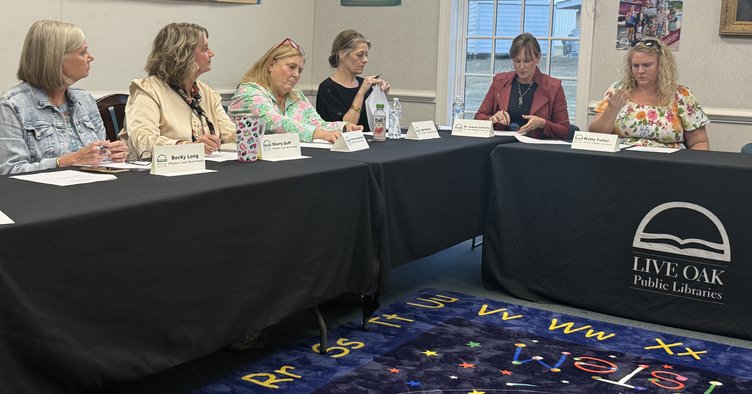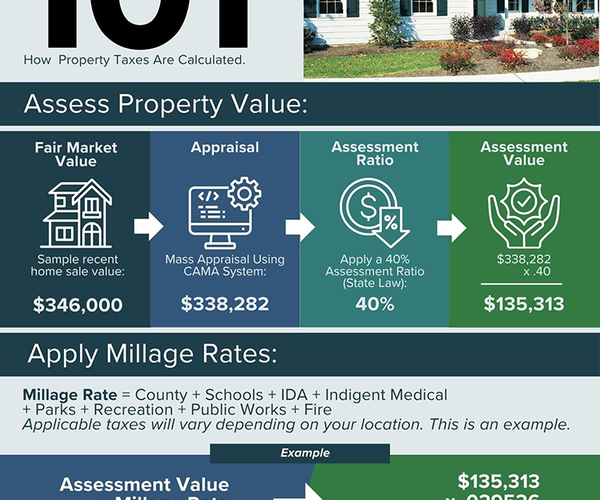Planning chief pushes road sales tax


The money needed to build the Effingham Parkway could be a couple of years away — but there are several steps to start the road first.
Todd Long, state director of transportation planning, said the Effingham Parkway would be a prime candidate for a possible sales tax-funded project under the auspices of House Bill 277. The act, adopted this year, would set up 12 regions — based on the regional commissions — to discuss and possibly adopt transportation projects for voters in those individual regions to back or deny.
“Effingham Parkway is a great example of a project we know will be good for the county,” he said. “But we know it will be very expensive.”
Under its current funding, the state doesn’t have money for the project, Long said. There is federally-earmarked money for engineering but no money is coming for at least three or four years for right-of-way acquisition or construction.
Long also pointed to the improvements at the Old River Road and Interstate 16 interchange, along with work at the Highway 21 and I-95 interchange and at the I-16/I-95 junction, as potentially good projects for a regional sales tax.
“Those will be very appealing to the public,” he said.
The regional roundtables haven’t been formed yet, and the criteria for the projects to be approved will be put together beginning early next year.
The first votes on any regional transportation projects are scheduled to take place in 2012.
Georgia citizens can make their state better by investing in its infrastructure, Long said.
“We’ve got a lot of good things in transportation in Georgia. We have good roads,” he said. “The problem is we have not invested in our infrastructure and kept up where we need to be the last 20 years.
“Sales tax is the way to go.”
Long and state Department of Transportation Commissioner Vance Smith Jr. pointed out that the motor fuel tax — the funding lifeblood for the state’s transportation department — has been declining. The DOT has urged people to use mass transit, carpool and telework, Smith said. It’s cut down on some congestion. But the fewer vehicles on the road driving and buying gas also has cut into the fuel tax.
And with higher gas mileage vehicles on the road — and the federal government’s push to have the nation’s vehicles achieve 35 mpg — that will slice even deeper into the motor fuel tax receipts, Long said. The state took in about $1.03 billion in motor fuel tax receipts in 2007; that number is expected to be only $852 million this year, according to Smith.
“We’re trying to come up with creative ways for alternative funding,” he said. ““Sales tax is not the life jacket for DOT. But it is one part of that to move the needle forward. We’ve got to think about the best ways to move people and freight in Georgia.”
Long espoused the regional sales tax since most commerce involves using the transportation network.
“On the state side, raising the gas tax was not an attractive option,” he said.
Having projects that appeal to the public could help push those measures forward, Long said.
“They have to be strategic in nature, they have to be deliverable and it’s got to be appealing to the public, even on a regionwide basis,” he said.
Since 1998, 93 percent of sales tax proposals with a transportation project on a ballot referendum have passed in the state, Long noted.
“If you show people they’re going to get something tangible for what they invest in, they’ll do it,” he said.
Smith took over as commissioner of the state DOT in 2009 after 16 years in the state House of Representatives. He was chairman of the House Transportation Committee from 2005-09.
He’s been well aware of the financial constraints that have strapped the department.
“Like everybody else, with the economy the way it is, it’s been a challenge,” he said.
Smith also has grown to appreciate the impact of the ports on the state’s economy, and he added he realizes those trucks and containers leaving and entering the gates add to the congestion.
“The ports are doing so well, it’s causing some traffic challenges,” he said. “We want to work with the community and your representatives to come up with the right solutions to move people and freight in a timely manner.”
Should the proposed Savannah harbor deepening move forward, more ships and more vehicles could be coming through when the Panama Canal expands in 2014.
The Jimmy DeLoach Parkway extension into the port will be accomplished through a bond issue, Long said, and the design/build requirements could be available for bid next summer.
Smith said the DOT has been working hard to improve its efficiency and building relationships with local governments is one of its main goals in trying to get road work done.
“We’re real into building relationships. And then you form a partnership out of that, and you can accomplish a lot of things,” he said. “The dollars just aren’t there. So let’s sit down at the table and see how much everybody can do.”






